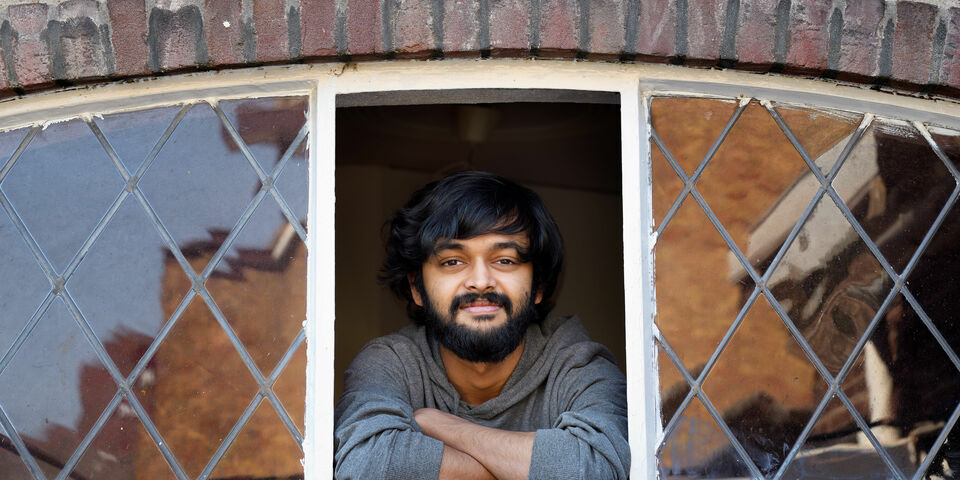Many stories later
I didn’t grow up right outside Disneyland and I haven’t suffered from cancer and I certainly don’t know how to synthesize methamphetamine (shamefully enough since I work at the Chemistry Department). But my modest awareness of them - and of a variety of distant subjects - comes from cinema, television and literature.
But that’s the same for all of us, I guess, no doubt about that. But if I ever were to meet a ‘Heisenberg’, I can at best make meagre small-talk. And then comes ‘Narcos’ and with my fluent Spanish expletives, behold the expert on Latin American history and politics.
And that’s not even half of it. There are plenty of places around the world I would have cast my well-intentioned pity at. Movies like ‘Beasts of No Nation’ and ‘Last King of Scotland’ formed my opinion of a struggling Africa. ‘The Killing Fields’ painted a brutal image of Cambodia. And it started much earlier; every obscure place and stereotyped people Tintin’s adventures took him to, carried me with him. Each location is an act, a chapter, an episode, a song or a photograph; a box to put things in for convenience. And when there’s a box missing, try looking for the next closest thing. Slovakia/Slovenia same thing, right?!
Stereotypes
That generalization is natural and indeed critical to the worldbuilding that supports these stories, but it’s only half fair. As Chimamanda Ngozi Adichie put it when she spoke about the dangers of the single story, “the problem with stereotypes is not that they are untrue, but that they are incomplete”.
I remember the outrage when ‘Slumdog Millionaire’ (#NotMyBestPicture) brought the world the plight of the Mumbai slums. Probe further and that same impoverished corner creates millions through a network of small-scale industries; an imperfect city in the lap of another. The conceptual simplicity is key to a widely accessible narrative, but the curiosity to dig deeper beyond the bias or shame is honestly on us.
Since ‘Narcos’, and consequently Pablo Escobar, became a rage, I’ve found myself in many passionate debates on the ethics of the show and the moral position of the audience. For one, I love it for the performances and the pace of the storytelling, but one could argue that the production profiteers of the glamorization of violence, greed, poverty and plunder, and reinforces those very generalizations. However, I wonder where we would be if it wasn’t for these channels because even the most compelling tales need the right storytellers.
Titbits
I’ve had the good fortune of being among people from a variety of cultures and sensibilities. Each of them brings interesting titbits to the discussion and we often argue about our illusions and myths; characters start being multi-dimensional and places go from being conflicts to cheerful marketplaces and family dinner tables. Thereafter the food arrives and the debate is lost, only to be picked up at the next occasion at some other end of the thread.
The preconception may be misguided at times but its adjustment is iterative and would never cease. And that’s perhaps how my next potluck would also be.
Suggested reading:Open Veins of Latin America by Eduardo Galeano. I’m only about halfway through the book and it’s very insightful about the evolution of Latin American society and politics as we know it (or don’t).


Discussion